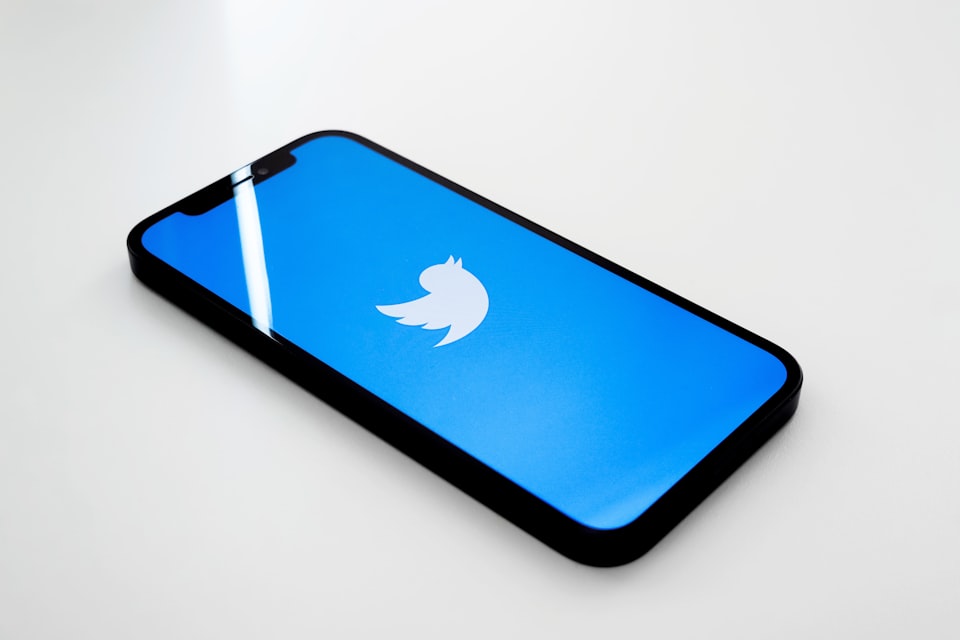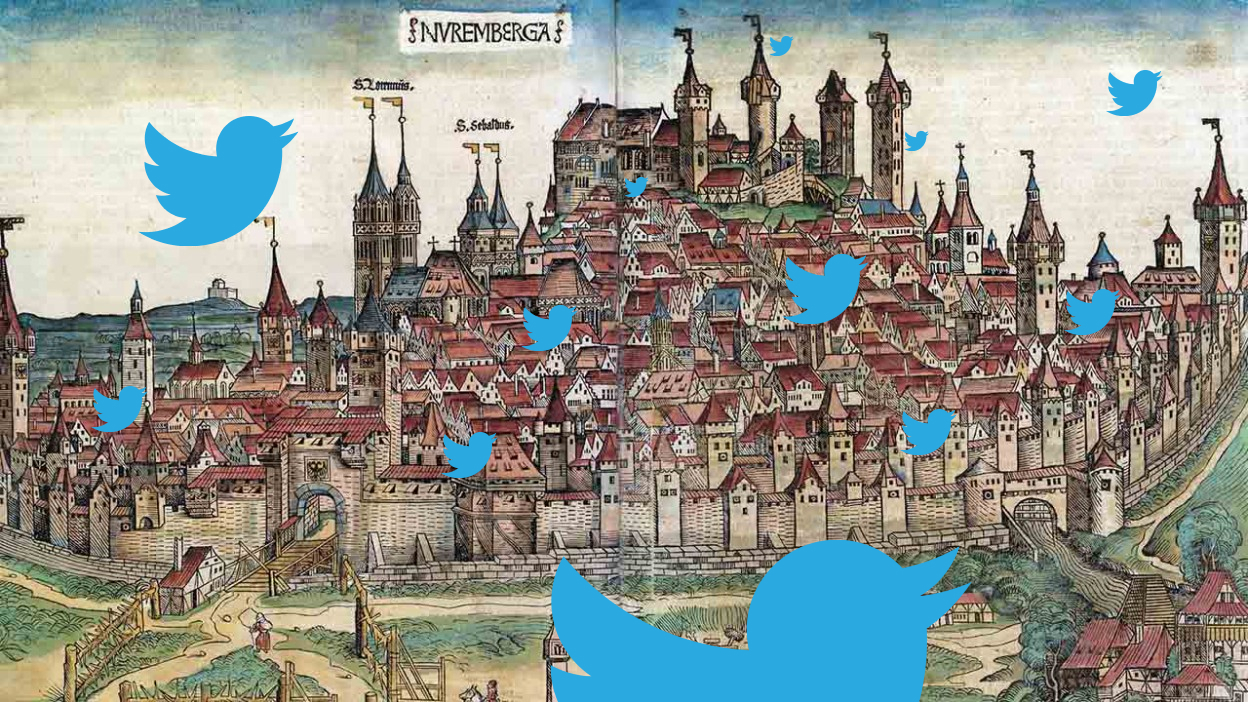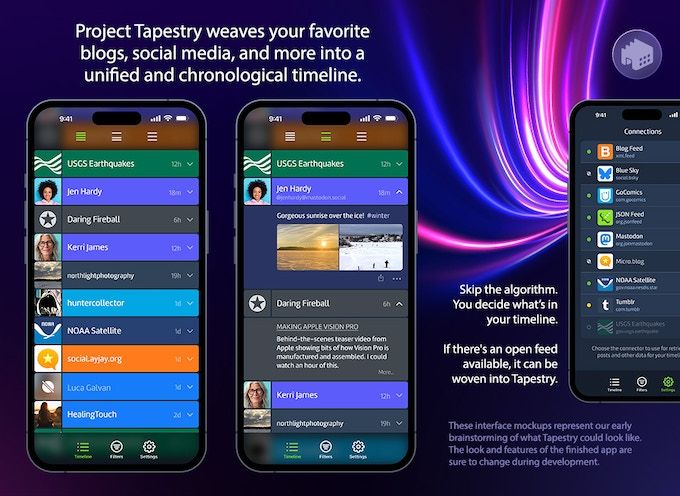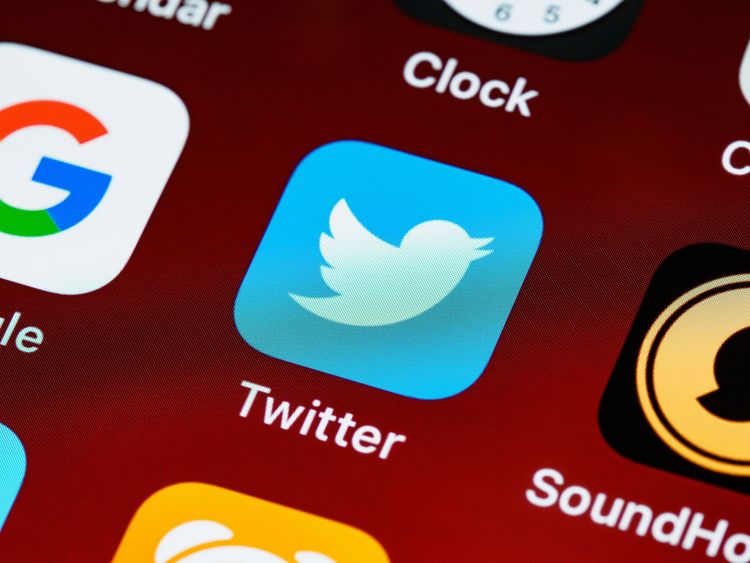Panic Aboard the SS Twitter - Lessons Learned This Week

Maybe Musk was really going to join the Board and be a cooperative part-owner, but the moment he saw the energy the potential purchase generated, he went all in. Musk buying Twitter has generated the conversational energy that rockets and robots once did.
Elon's Giant Package, Margins by Ranjan
So much of my reading and podcast listening this week has revolved around the purchasing of Twitter by Elon Musk. It was hard not to be reminded of The Slap from a month ago when everything I saw online was about what occurred at the Oscars. It was a bit constrained then compared to now. This time around, it seeped into a lot of the regular blogs, podcasts, and TV shows I listen to/watch on a regular basis.
Like The Slap, there are many sides to this one story. It has been difficult to keep track of the various threads and opinions about it, let alone think a bit about how I feel about it. After being mainly away from Twitter for 60 days to start the year, I have found more of my energy being spent on Twitter (first it was Ukraine, lately it has been sports). At the same time, more of the conversation outside of Twitter has been about Twitter and social media.
The conversation has always been there, going back to some of my favourite books by Cal Newport like Digital Minimalism and Deep Work, but it has definitely intensified lately. On his podcast this week, Deep Questions, Cal talked about the Twitter deal and how it could be a good thing for people and media. If Musk ruined the experience of Twitter, drove users away and it became less of a focus for the media, it would allow people to refocus their energy towards better activities or other online communities.
There are certainly a lot of people concerned about what could happen if Musk takes over control of Twitter. Briannu Wu was at the centre of GamerGate back in 2014 and has worked with the trust and safety team at Twitter since then to make Twitter into a safer space. She says a lot of that progress could be reversed under Musk. The biggest fear, from what I have read, is that Donald Trump and other far right people would be reinstated and that would unleash a lot more abuse towards Democrats, minorities, and the LGBT community. That would lead to a lot of users leaving, or flouncing as Ryan Broderick puts it in his newsletter. Matt Welch wrote an article, Gatekeepers Very Afraid That Elon Musk Will Remove the Gates From Twitter (reason.com), a few weeks ago collecting some of the responses to the news and their fears, including this tweet from Jeff Jarvis, a City University of New York journalism professor:
Today on Twitter feels like the last evening in a Berlin nightclub at the twilight of Weimar Germany.
— Jeff Jarvis (@jeffjarvis) April 14, 2022
Glenn Fleishman spoke about this same thing on The Talk Show with John Gruber this week, but his point is that opening Twitter up to more abuse would end up destroying it, which would have no benefit to Musk in the end. They both talk about some of the improvements Twitter could do to make it more appealing to a broader audience (the more interesting idea being make it more localized and community-based like a Discord channel) which provides some optimism for the service. Other podcasts this week had their own take on what could happen, ATP and Connected being the ones I recommend for any tech/Apple enthusiasts.
A lot of the conversation has centred around what could happen if Musk completes the sale and the improvements that could be done, but there is certainly a lot of speculation on why Musk would do this. That speculation should start with more details about the deal and the finances involved. Matt Levine has a lot of information available in his article, Elon Got His Deal on Bloomberg. An interesting note that stood out to me is that the current shareholders could have the option to purchase their shares back at the same price Musk is paying for them, essentially lessening his debt load while maintaining control of a private company.
The best writing I have come across as to why Musk would purchase Twitter comes from Ranjan Roy at Margins. I included a quote at the beginning that highlights one of the reasons why I believe Musk went all in on purchasing Twitter. When the news first broke of him purchasing approximately 9% of the shares available, it generated a lot of noise in the media world. Every step of this deal generated more noise for Musk. Purchasing Twitter would give him the biggest megaphone available for the issues he cares about most and generate even more money for him to be directed towards SpaceX, Tesla, or his next company. Musk understands the influence Twitter has on the media, which directs how their audiences react at a larger scale, more than Facebook, Instagram, TikTok, etc.
Like him or hate him, Musk is a central figure to the 21st century so far and this purchase is going to put keep him in the drivers seat for years to come, if the deal completes.
A few more podcasts and articles that stood out for me that talked about Twitter or the effects of social media in general:
The average American adult spends over three hours a day staring into their phone. If you’re a teenager it’s even worse – seven hours. What’s really troubling is that in study after study, people say that they want to be looking at their screens less. They just don’t know how. They’ve lost control.
An interview with Johann Hari, author of Stolen Focus: Why You Can't Pay Attention--and How to Think Deeply Again.




Previous posts about Lessons Learned This Week can be found on Medium.






Member discussion